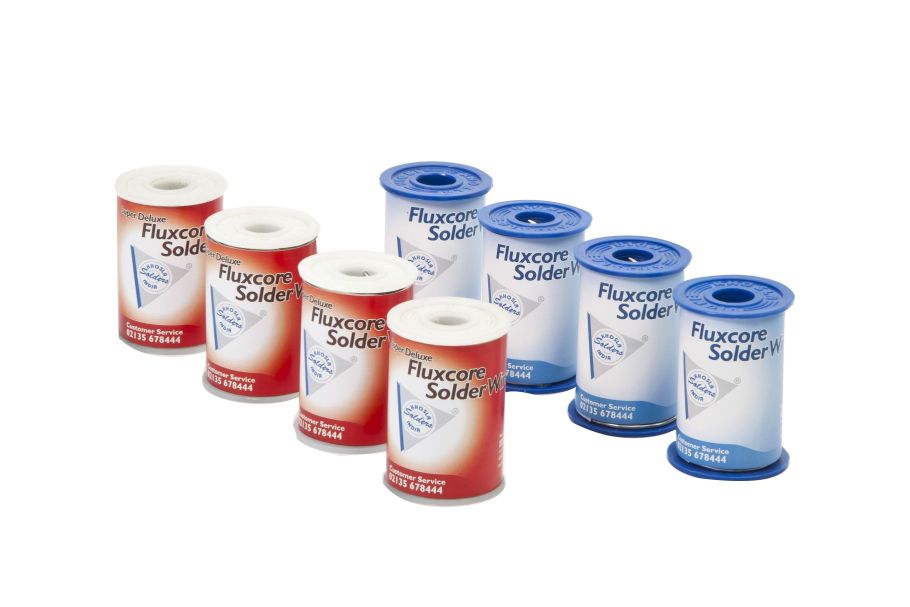When it comes to electronics and DIY tasks, choosing the right flux solder wire is crucial. These wires help you make strong, clean, and reliable joints in all your soldering projects. At Kothari Metsol, we manufacture high-quality flux solder wires that meet industry standards and support a wide range of applications.
This guide will help you understand the different types of flux solder wires and how to select the best one for your work.
1. Lead-Based Solder Wire (Sn-Pb)
Lead-based flux solder wires are a traditional favorite in the electronics industry. They usually contain a combination of tin (Sn) and lead (Pb), offering a low melting point and smooth application.
Best for:
- General electronics repair
- Circuit board assembly
- Low-cost DIY projects
These wires are easy to use and flow well. However, due to environmental concerns, lead-based options are now limited to non-regulated or specialized uses.
2. Lead-Free Solder Wire
Lead-free flux solder wires are now the standard for most industries due to safety and RoHS compliance. Made with tin, copper, and sometimes silver, these wires are safe and efficient.
Best for:
- Eco-friendly electronics
- Medical and consumer products
- RoHS-compliant projects
Though they melt at slightly higher temperatures, Kothari Metsol’s lead-free flux solder wires offer excellent joint strength and are ideal for long-lasting connections.
3. Silver Solder Wire
If your project demands high performance, silver flux solder wires are the best choice. These wires offer top-tier conductivity and joint strength.
Used in:
- Aerospace systems
- Audio equipment
- High-precision soldering
Silver solder wires are costlier, but they deliver unmatched results where quality is critical.
4. Rosin Core Solder Wire (No-Clean)
This is a flux solder wire with built-in rosin flux that doesn’t need to be cleaned after soldering. It leaves minimal residue, making it ideal for clean working environments.
Ideal for:
- Quick DIY fixes
- Compact electronics
- Repair shops
If you want convenience and speed, rosin core flux solder wires are a smart choice.
5. Flux-Cored Solder Wire (General)
These are the most commonly used flux solder wires, suitable for both beginners and pros. The built-in flux saves time and helps in creating solid joints without extra effort.
Applications:
- Household electronics
- Electrical repairs
- Prototyping
Kothari Metsol’s flux-cored solder wires are easy to handle and offer consistent flow for efficient soldering.
How to Choose the Right Solder Wire for Your Project
Picking the right flux solder wire depends on your project needs. Here’s what you should consider:
- Material Compatibility: Choose a wire that matches your metals.
- Melting Point: Ensure it suits your soldering iron.
- Wire Diameter: Thinner wires are best for precision work.
- Flux Type: Go for rosin core if you want no cleaning.
Whether you’re a DIY enthusiast or an industrial expert, Kothari Metsol has the right flux solder wires for your requirements.
Conclusion
Understanding the different types of flux solder wires helps you make better buying decisions. From lead-based to silver and no-clean options, each type serves a unique purpose. When performance, quality, and ease of use matter, Kothari Metsol delivers dependable flux solder wire solutions.
Need expert advice or bulk purchase? Contact us today to find the perfect flux solder wire for your next project.

